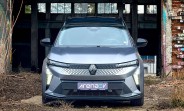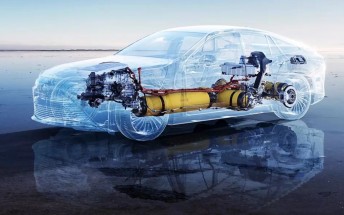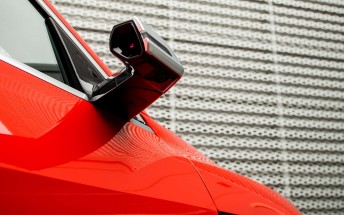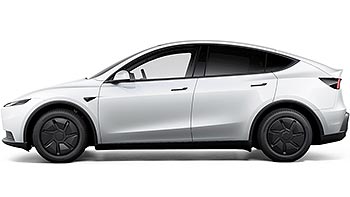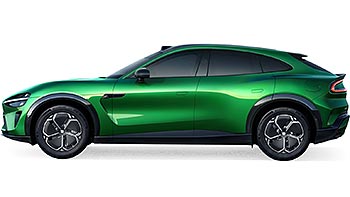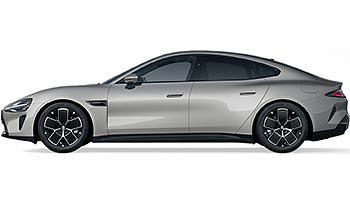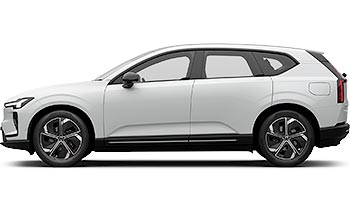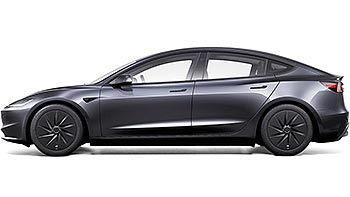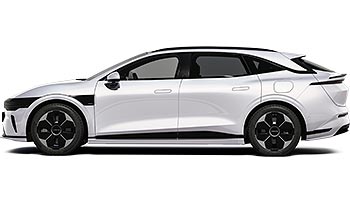Recycled EV battery materials offer better performance, study finds

The accelerating EV revolution means we have a growing need for sustainable battery production. We can't just move away from fossil fuels and exhaust another natural resource. Thankfully, new research suggests that recycled EV battery materials can go a long way towards solving the problem.
A new study conducted by Imperial College London and commissioned by clean technology group Altilium reveals that recycled materials can outperform virgin mined ores in crucial aspects, paving the way for longer-lasting, faster-charging, and more cost-effective EVs.
The research focused on recycled cathode active materials (CAM) produced at Altilium's ACT1 facility in Devon. Scientists compared recycled CAMs to commercially available materials from traditional mining, and found that recycled materials offered significant advantages - longer battery life and faster charging times.

One key advantage of recycled materials is their consistency. Mined ores can vary in quality, and they need extensive refinement. The recycled materials come from standardized, manufactured batteries. This means fewer impurities and a more consistent metal composition. As a result, we get a more durable battery that can withstand repeated charging and discharging cycles without significant degradation.
Researchers learned they could adjust the recycled CAM to create customized outcomes, including nickel-rich and cobalt-free battery formulations, which help to develop batteries tailored to specific performance requirements. The recycled CAM samples also demonstrated impressive chemical and physical robustness during testing, indicating their potential for sustained, high-level battery performance over time.
Altilium points out that recycling reduces the costly and energy-intensive processes associated with mining, transporting, and refining virgin ores. It also mitigates the risks associated with variable ore quality and potential supply disruptions. The lower energy consumption of recycling further shrinks the carbon footprint of EV production. Dr. Christian Marston, co-founder and COO at Altilium stated that "Recycled CAM not only aligns with global sustainability goals but also offers improved technical performance at a lower cost, making it a game-changer for the EV industry."

The research involved electrochemical testing of both coin cells and pouch cells made from recycled CAM. Researchers compared the results to commercially available CAM used in high-nickel NMC 811 batteries, a common type found in many electric cars. The technology is currently undergoing validation at the UK Battery Industrialisation Centre (UKBIC), where battery cells using recycled CAM are being produced for further testing and refinement.
The validation process is critical for ensuring the technology's viability for large-scale deployment in the electric car market. Altilium recently secured a $5 million investment from Japanese trading and investment group, Marubeni, for its Teesside battery recycling plant. This plant will process waste from 150,000 electric vehicles annually once it becomes operational.
Related
Reader comments
Nothing yet. Be the first to comment.



